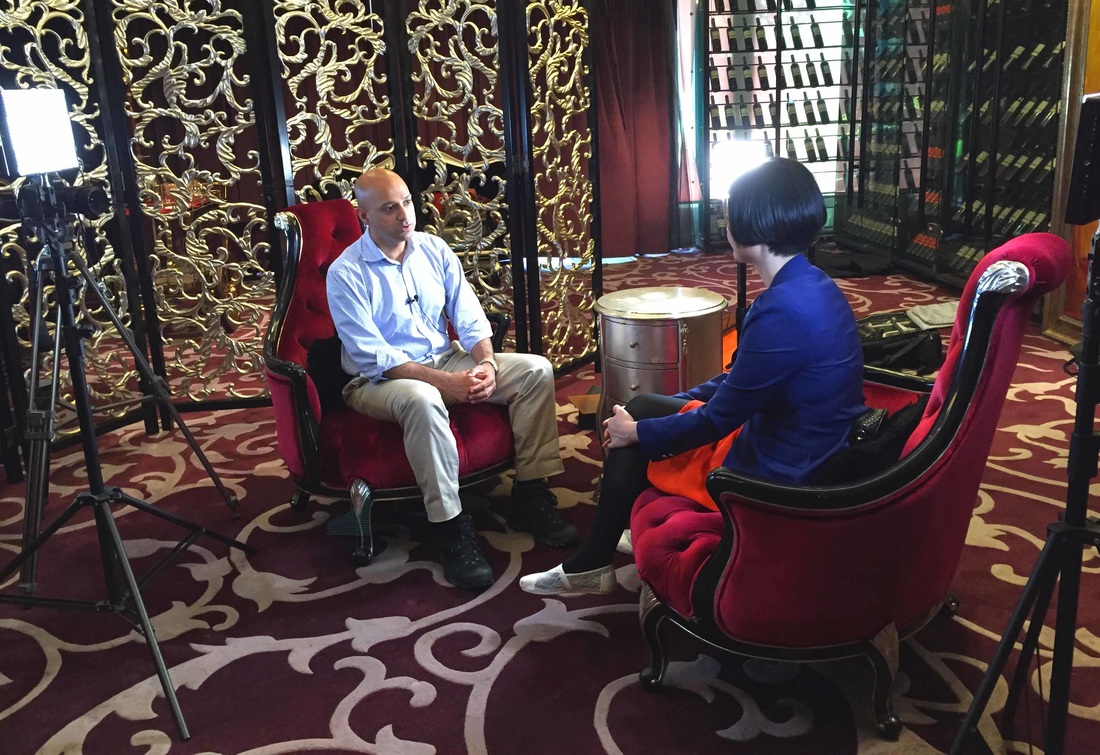|
One of the key advantages for expats living in Shenzhen is that you can hop across the border to Hong Kong for a day's trip or two. Back in 2003 when I first arrived in China, crossing the border into Hong Kong from Shenzhen (and vice-versa) was a somewhat long, and tiring journey. The only two border crossings in those days were at Lowu and the limited ferry service from Shekou port in the west of the city. For expats living in Shenzhen (and in Guangzhou, Dongguan, Zhongshan, and Zhuhai), it's like a mini-holiday and a treat to get away from the hustle & bustle of daily life here. While crossing the border can be an excruciating experience at peak times, thankfully there are two more options to cross the border that can make it a slightly less tiresome experience (Huanggang, and Nanhai are the two extra border ports). I am sure there are plenty of border crossings around the world where the cultural differences are so extreme and far-fetched, yet they are so close together geographically. The Hong Kong-Shenzhen border is no exception (as is the same with the Macau-Zhuhai border). One of the main differences is that Hong Kong still feels more international and Westernized compared to Shenzhen- though the gap between the two is closing in as mainland China's economy is booming compared to the former British colony. In Hong Kong it's still common to come across some expats (mostly British obviously) who have not gone back to the UK after the handover to the Chinese in 1997, and consider Hong Kong to be their only home. Another striking difference that one can see if that Hong Kong feels more Chinese now (and quite rightly it should do in my opinion) than before. There are a large numbers of mainland Chinese people in Hong Kong, and this is causing a few frictions in that some Cantonese people are not accepting the fact that Hong Kong is not British anymore (it's true). I can feel a STRONG sense of xenophobia by Hong Kong natives towards their mainland countrymen and women. I have seen quite a lot of comments on various western social websites of HKG people (of all races) complaining about foreigners in general (of all races and nationalities). One particular specimen wrote: 'I miss the HK I grew up in...sigh!'. A trans-cultural British-Born-Chinese friend of mine told me that he agrees that its time for the Chinese to rethink their plans for Hong Kong. However this is no time for nostalgia, because trends come and go here just like in every major city around the world (London is no exception, and I am seeing this xenophobic behavior in Shanghai as well against the large number of foreigners that are coming to experience the 'China Dream'). One friend went on to say that 'Hong Kong people are a rare breed in this Chinese world when Hong Kong people are being displaced themselves'. He is, of course, referring to local Hong Kong people being made a minority. Mainlanders are sadly discriminated against in Hong Kong, just like the Filipinos, Indonesians, and the Thai people are. From my own experience I could say that the Filipinos are so used to lying all the time, and it gives them a bad impression in the eyes of others- its ridiculous. This is partly due to culture and their bad government. They are a people who have gone through some very hard times in their country's history, and they rely on other countries. However on a good note this is changing for the best. Without being stereo-typically negative, the reality is that in places such as Hong Kong (and Dubai, Singapore among others), sadly most of the Filipinos have been known to be sex workers, house maids, selling services, ripping money off tourists, and finding a western boyfriend (go to Wanchai and you'll see). For a native Cantonese Hong Kong person to make many Filipino friends in Hong Kong is unheard of because of the terrible negative perception that they are domestic/sex workers and will be treated as such by society (read THIS for more on racism in HKG- my viewpoints). However, from my perspective Hong Kong people somehow have to work with their Mainland cousins, and not against them to build something that works with both Hong Kong and China. But on the other hand, it's just ridiculous how the 'one-country two systems' scheme works. For example, just around thirty miles outside of central Hong Kong, and in the mainland, the relationships are fine without any problems. Hong Kong residents and Mainlanders along the border have fought in recent years over hospital beds, baby milk formula, and even the shortage of school places. The question here is, would these tensions and problems of divide have happened if the British were not in Hong Kong? Maybe. It's difficult to say. However, in my opinion (and I am stand to correction...not an oak here!), the queen and mistress of all of these problems could lie with the legacy that the British left behind. Historically speaking, the British (as well as the French, and perhaps the Spanish too), have maintained a rule and divide mentality wherever they have colonized globally, and in Hong Kong it is no different. However, the fact is that Hong Kong is not the same anymore. If there's any city that changed radically since 1997, then it's Hong Kong. Because of the high numbers of rich mainland Chinese people coming to live and work (and shop!), the cost of living in Hong Kong has increased too. This is having both good and bad effects for the economy. You can read about the immigration of Hong Kong people who moved to Canada and Britain after 1997 and then moved back as returnees and you'll realize why there was an influx of mainland Chinese students to exclusive private schools and universities in the UK (Dulwich College, Oxford, Cambridge, Eton, and Harrow for example all saw a surge of mainland Chinese students- before 1997 it was mostly Hong Kong Cantonese students). Most of those graduates are now Doctors, Engineers, Pilots, and so on, and working in the U.K. and U.S.A. for example. A large percentage of residents were from China originally to escape for various unmentionable reasons in 50's to 70's. I've seen loads of changes after 1997, booms and bust, changes mainly because of the mainland. There is more alignment with China now and less with western countries. Yes, original residents miss the old days, but times have change and we should move with it being well informed. Hong Kong has had an identity crisis, its visible on some Hong Kong people, its like the lost generation dealing with constant turmoils. But it's perhaps not as bad as London (but, hey, that's a discussion for another article :-)). On that note, I have an experience to share. Later on in the day, I was walking through Kowloon Park with a British-Chinese friend of mine. The park was full with tourists, as well as large numbers of locals. As we made our way, a scruffy looking beggar approached me, and then started shouting abuse loudly. The stench from the man was not pleasant, and with the heat and humidity it made it worse. I decided not to take a photo out of respect. I turned to my friend and asked him why the beggar was shouting at me. 'He (the beggar) says he hates you because you are a foreigner' explained my friend, and then he went onto say 'he probably ended up in that situation in the first place because of bad experience with gweilos (Cantonese derogatory word for 'foreigners)'. Perhaps I was unlucky to come across such a situation, or perhaps it was a message. The remarkable thing was that just moments before this beggar shouted abuse at me, we were talking about this exact issue. Some people don't see it as a political thing, they believe that people are just doing what you'd expect of them. It's true that Hong Kong might occupy some abandoned premises near the border - and that there is no shortage of teachers, just schools (in regards to the school placement friction). The Hong Kong education dept is not very responsive to news and awaits some senior chap proposing action which seldom happens unless someone at the very top of government pushes them. They tend to see themselves as administrators not originators of policy. It might be a hangover from colonial times. Administrative officers used to get almost carte blanche in their initiatives and devised all sorts of new programmes, some good some bad but all well intentioned. That does not happen anymore. In the meantime, I have to say that it's always a nice feeling to come back to Shenzhen after a long day of burning your plates of meat (i.e. feet) on the steep and tiny roads of Hong Kong. There is no better way to cool down your heels than having a chilled bottle of the locally brewed 'Kingway Beer' at the Horizon Club Lounge at The Shangri-La, Shenzhen- then bask in the sights of the city which is spearheading China’s incredible growth. Comments are closed.
|
Get in Touch:LIFE MATTERSHere I share my thoughts
and experiences during my travels, and how some things have affected my life as an expat and world traveller. Travelling is about capturing that moment in life. Every word, view and opinion on this page is that of Navjot Singh - except where indicated. The most recent is at the top. Scroll down to read the archive. Or search using CTRL+F (COMMAND + F) and enter a keyword to search the page. Just some of the stories you never heard before. The NAVJOT-SINGH.COM web blog is separate to this web site....Click blog, which may not be visible in some countries due to local firewall restrictions, so in those cases this weblog may be read. The weblog also includes some of my press trip reports- most of which are not published on the official blog because of copyright issues. The weblog also contains articles that may be associated directly with a PR trip for a country, airline or a hotel. These are PR reviews done in relations with various companies. If you are an investor or a trend watcher then you may find this website useful as investing has a lot to do with personal observations and finding the ideal trend or next big thing. The average human on the street frequently knows far more about the state of the economy than politicians, university professors, subject matter experts, and financial analysts who seldom travel, or if they do so, only from one hotel to another hotel! The pulse and vibrancy of an economy is nowhere more visible than on a country's streets. All photos and words are © Navjot Singh unless stated. Photos taken by others or by agencies are appropriately copyrighted under the respective name. No photo or word/s may be taken without the prior written permission by the author (i.e. Navjot Singh). All Rights Reserved. Archives
April 2024
Categories
All
|
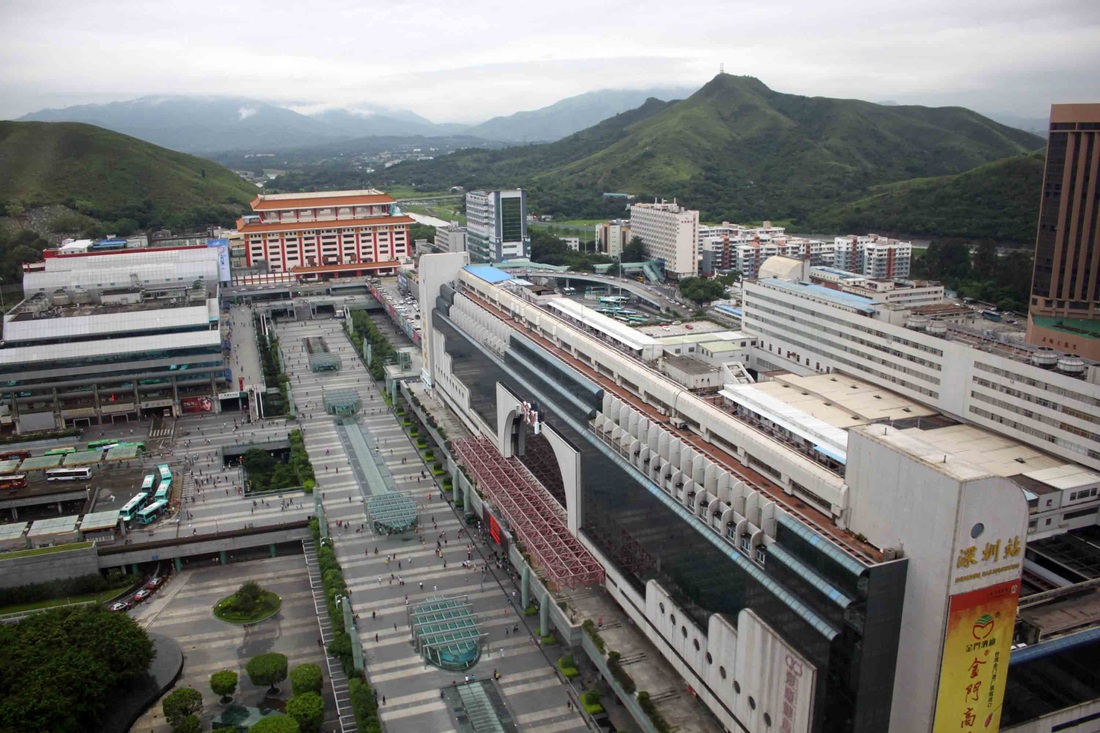
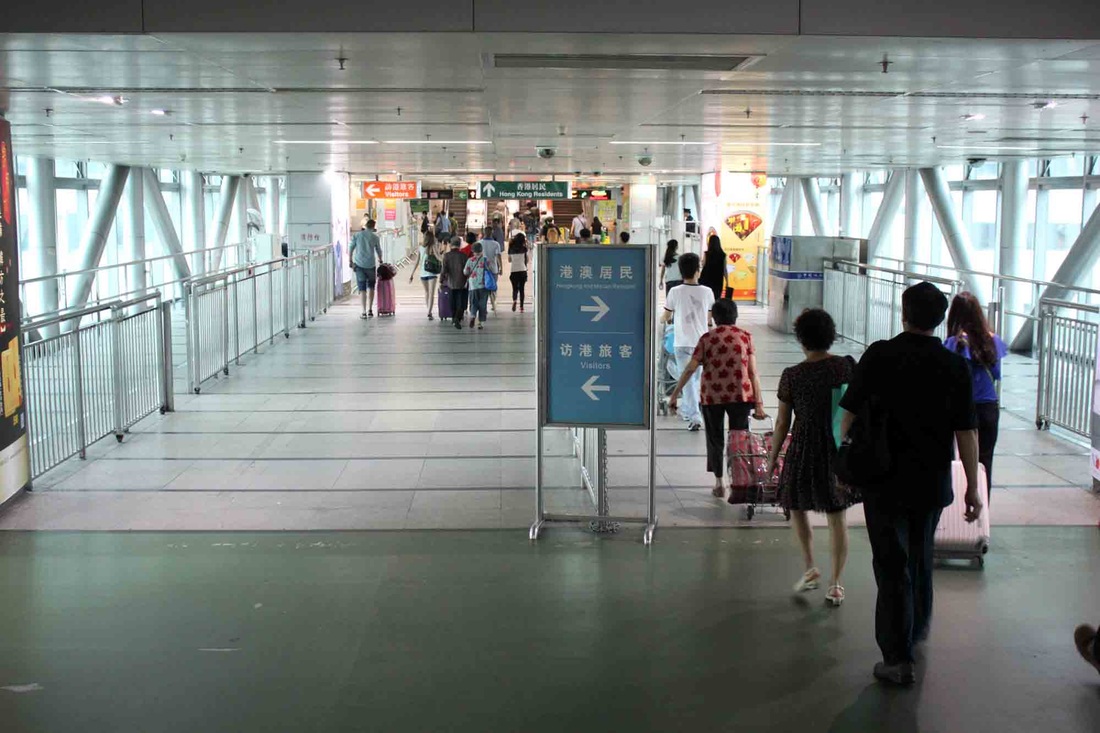
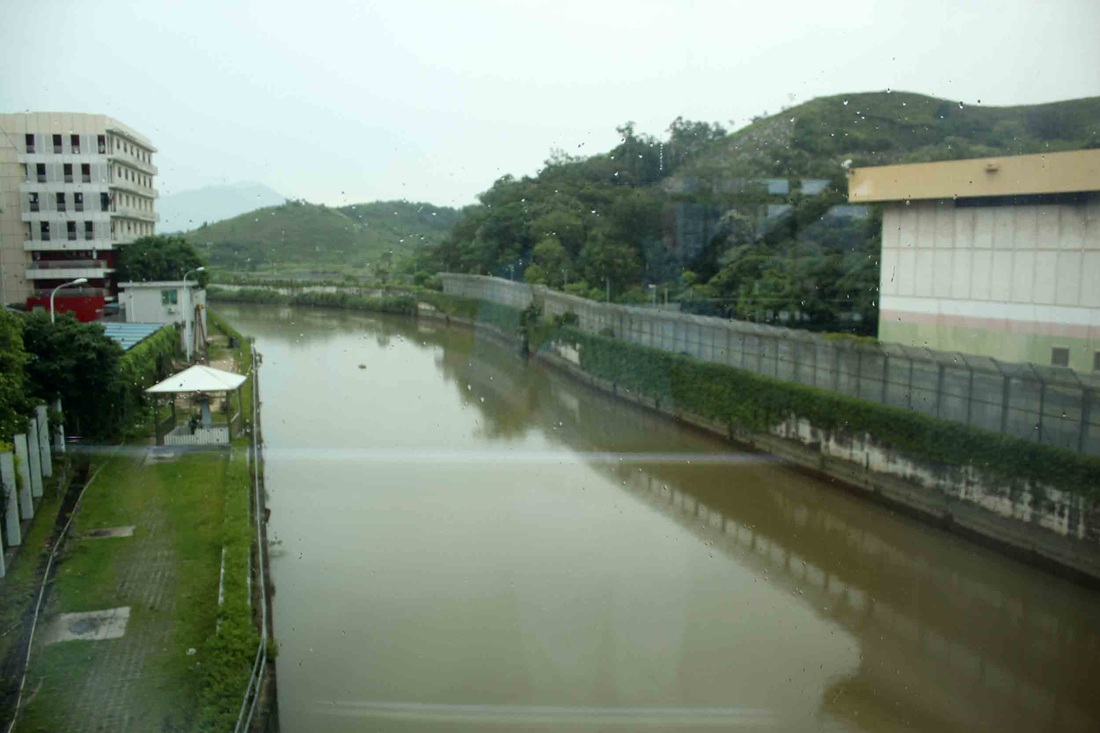
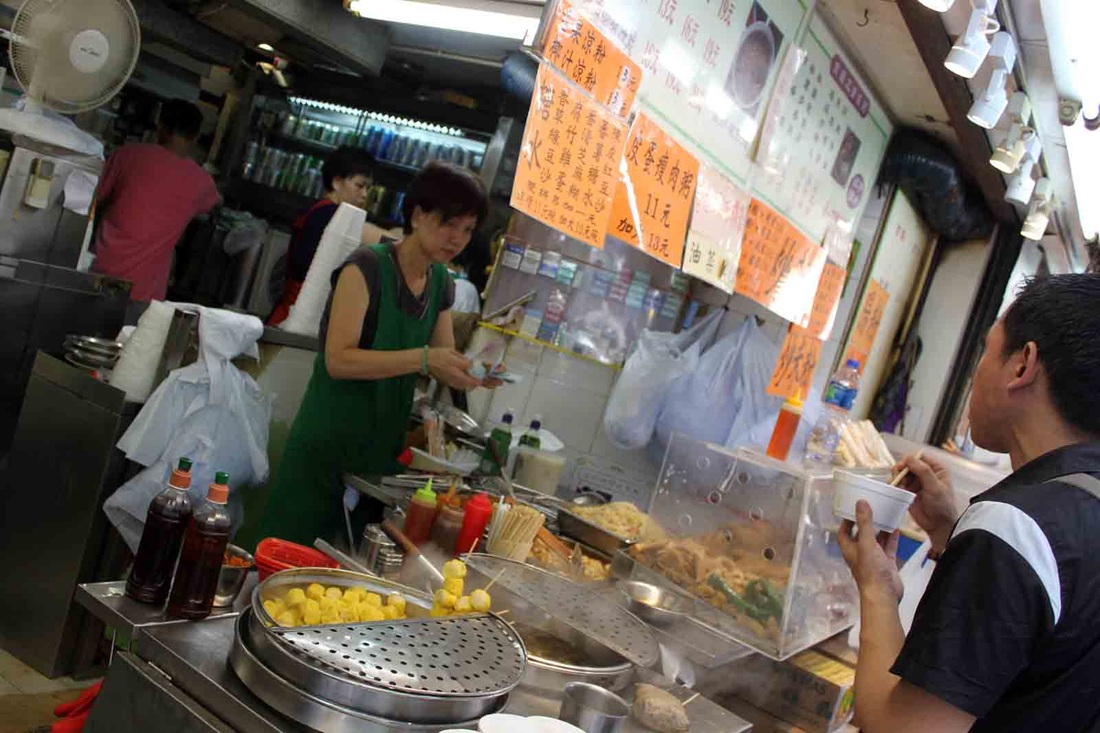
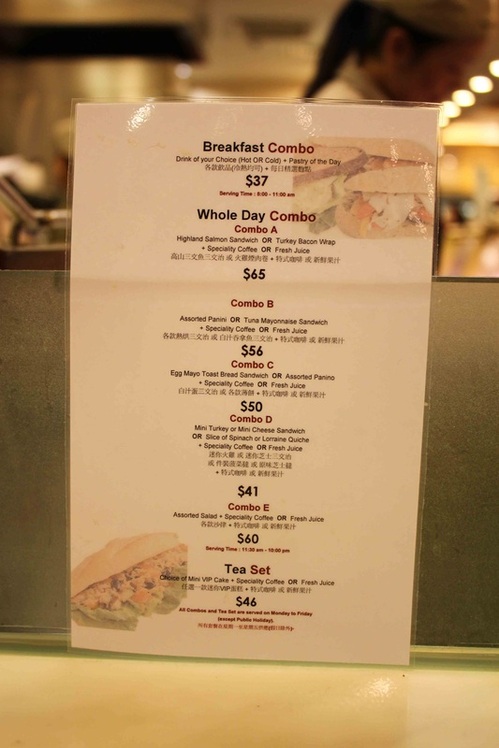
 RSS Feed
RSS Feed







